Domenica Calarco isn’t the first MAFS star to be diagnosed with PTSD
While our insatiable appetite for reality TV shows no sign of slowing, an expert has warned ex-contestants presenting with PTSD could be on the rise.
In recent years, former reality TV contestants have been increasingly candid about the mental health impact of the swift avenue to fame, with a number of stars revealing symptoms of depression and anxiety post-filming.
But a handful of others — including MAFS favourite Domenica Calarco earlier this month — have come forward with claims of Post Traumatic Stress Disorder as a result of their foray into the emotionally-charged domain.
Once a diagnosis heard mainly among war veterans and police officers, clinical psychologist Dr Rebecca Ray told news.com.au the high-stress environment of reality television is fraught with potential triggers, and explained why it’s crucial we change the narrative surrounding what defines a patient of the disorder.
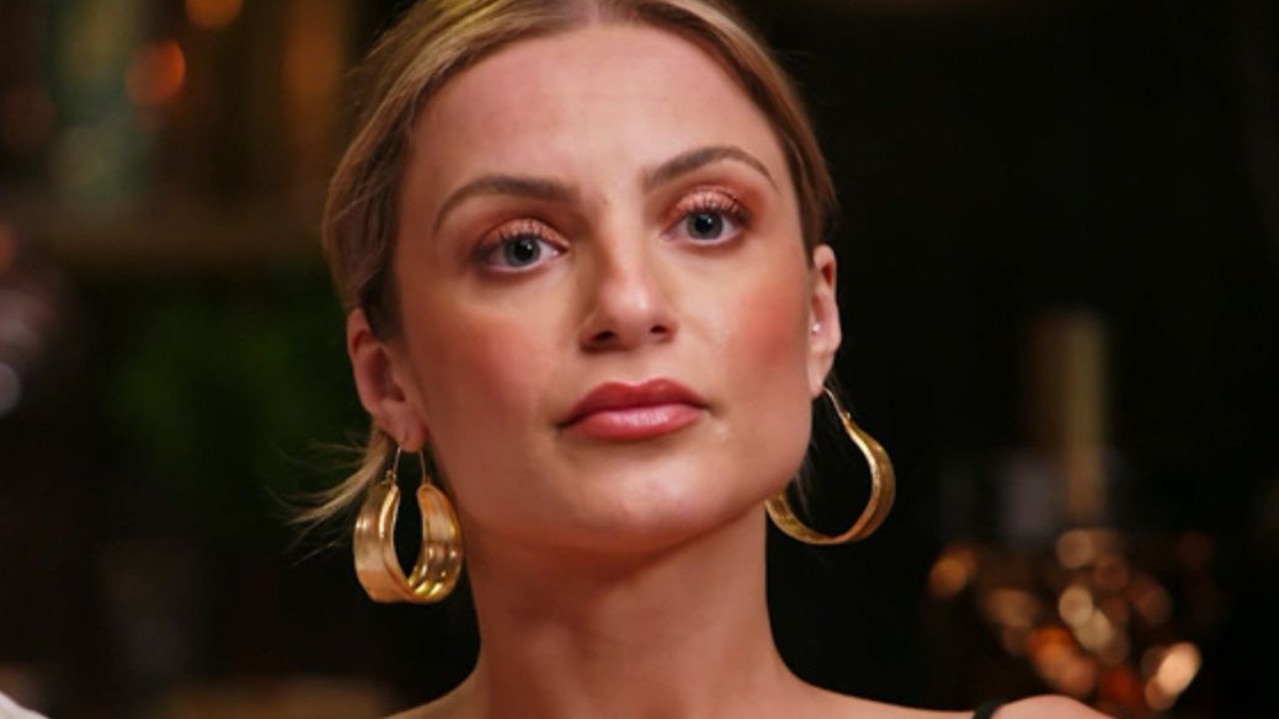
So how does a PTSD diagnosis come about?
PTSD is a series of responses which occur after experiencing a traumatic event.
Symptoms, which include intrusive memories, avoidance behaviours around reminders of the event, negative thoughts and moods, as well distress signs including heightened anxiety and inability to sleep, must be present for more than a month to lead to a diagnosis, Dr Ray said.
“If symptoms resolve after one month, then those symptoms are diagnosed as acute stress disorder, which is essentially a normal response to an abnormal event,” she explained.
Over the years the condition has been studied, rigorous debate has surrounded what constitutes a “traumatic event”.
Traditionally, according to Dr Ray, a stressor was only thought to involve exposure to death, severe injury, sexual violence or threats of such harm.
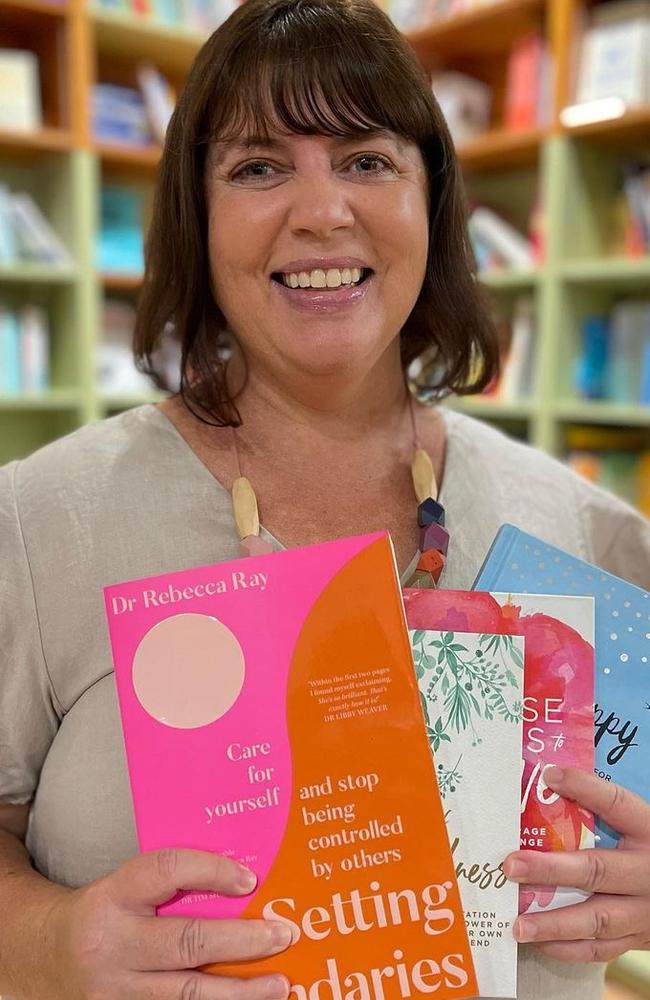
“So, from the outset, it appears from these criteria that being a participant in reality TV cannot result in a PTSD diagnosis,” she said, elaborating that we shouldn’t be dismissive given the MAFS ‘social experiment’ comes with its own set of dangers.
“What we must consider is that the MAFS ‘experiment’ violates participant’s psychological safety.
“This means serious psychological injury can (and does) occur during filming, often in response to situations being produced for maximum entertainment value.”
Listing the show’s propensity to “create and encourage” conflict, pair “opposing personality styles” and operate within “long days of filming in uncomfortable conditions” coupled with the supply of alcohol at dinner parties, Dr Ray went on to question the show’s selection criteria.
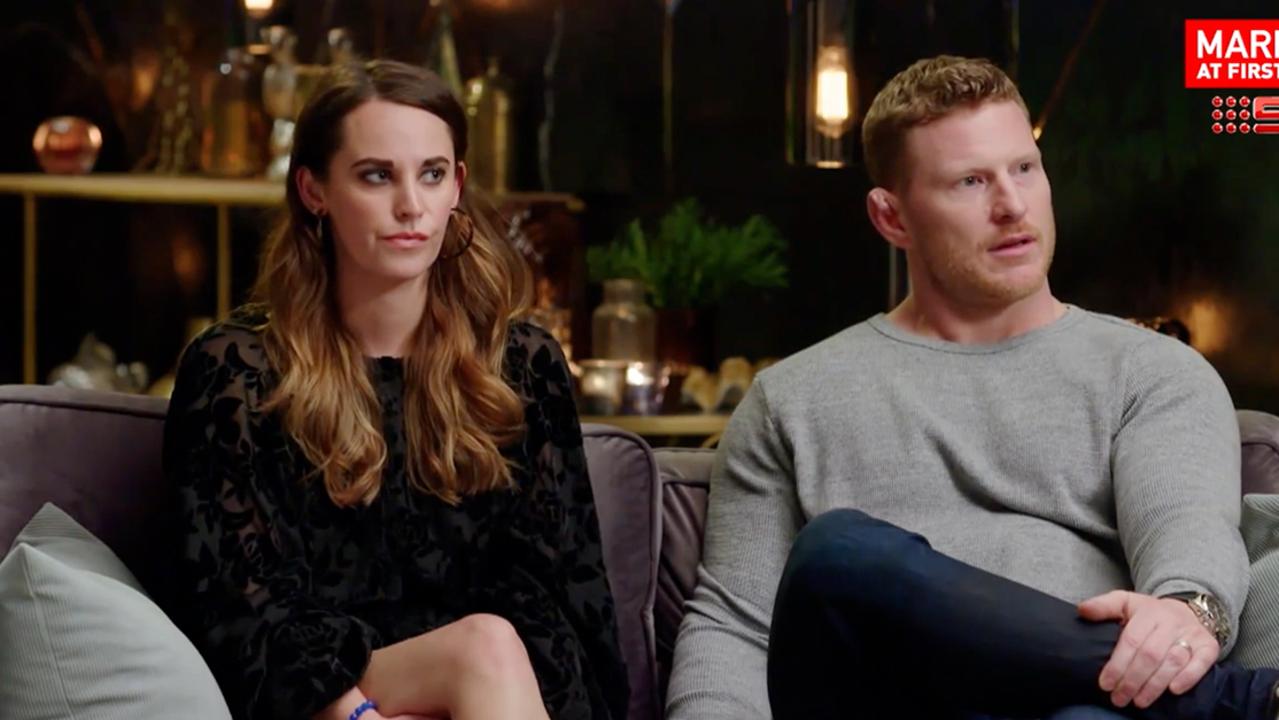
The “combining of big personalities and putting them in situations to intentionally produce reactivity and distress”, in her view, is where the problem lies.
Her comments come shortly after MAFS expert, Alessandra Rampolla, divulged that the contestants are chosen before matches are made.
“What might help is psychological testing prior to participation that screens for previous mental health problems, behavioural issues, and any current symptomatology,” Dr Ray suggested of a safer way forward, adding that “a focus on helping participants navigate stressful filming conditions, rather than using that as an ingredient for more entertainment,” would benefit.
News.com.au contacted Channel 9 for a response to Dr Ray’s comments, but did not receive a response before publication.
How Dom’s life after MAFS led to a therapy breakthrough
Speaking on her new podcast with fellow MAFS bride Ella Ding, Dom said in the time after filming, she found herself feeling panicked in group dinner situations reminiscent of the infamously explosive MAFS dinner parties.
Dom had been involved in a number of dinner party spats, including one during which she smashed a wine glass against a table in frustration, the moment that prompted the season’s nude photo scandal.
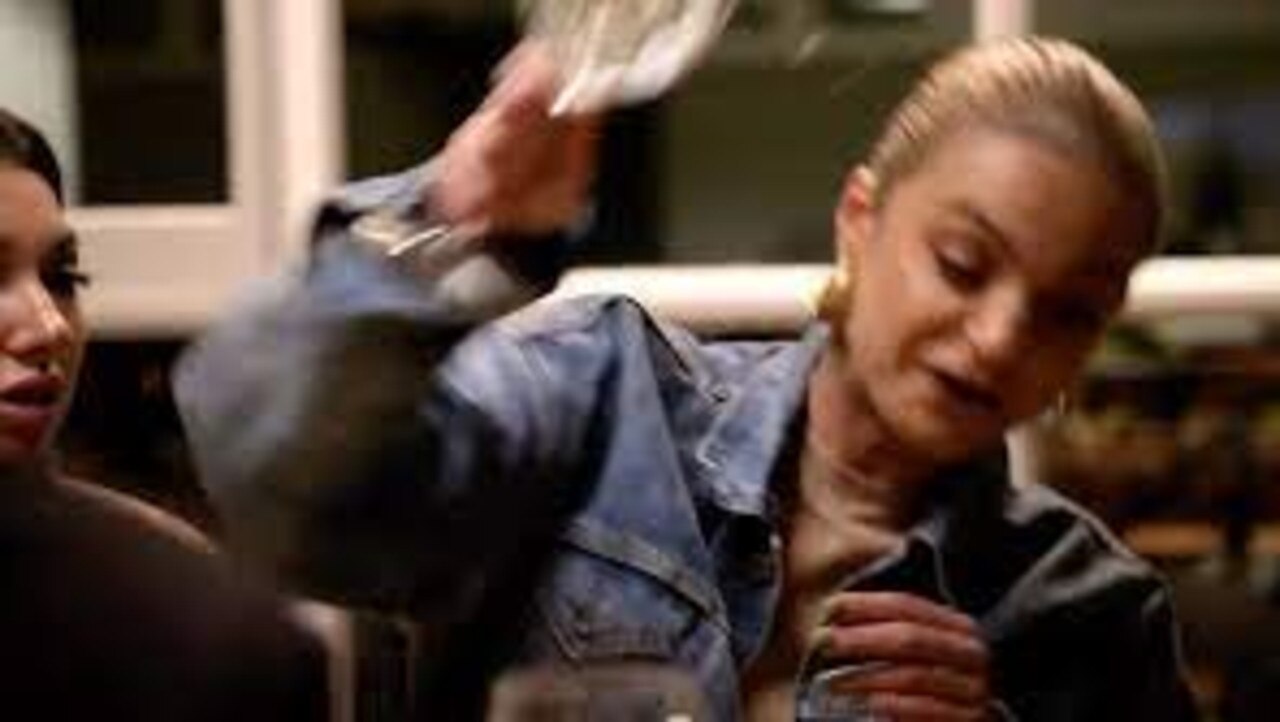
But her PTSD revelation was met with some alarming responses, with some news.com.au readers suggesting the diagnosis was inaccurate or merely an exaggeration on Dom’s part.
“That is an insult to true PTSD sufferers such as those who fought for our country,” one person on Facebook said in response to our story.
“U don’t get PTSD from ‘dinner parties’,” another echoed.
Dr Ray said this is a common misconception.
“The problem with this attitude is that it fails to account for the fact that PTSD is not just diagnosed based on the severity and type of the event, it’s also diagnosed based on the reaction to the event.
“The majority of people who are exposed to trauma – whether it’s the violation of psychological safety resulting in psychological injury from reality TV, or being deployed into a war situation, don’t go on to experience the full spectrum of PTSD symptoms or meet criteria to get a diagnosis. Some people do. Comparison of traumas and their validity is not at all helpful and negates the individual’s personal experience.”
While Dr Ray pointed out not every reality TV contestant will have the same experience, Dom isn’t the first MAFS star to leave with symptoms.
MAFS’ PTSD past and a former expert’s eerie foreshadowing
Ines Basic, who was embroiled in one of the show’s infamous “cheating sagas” on the 2019 season of the Channel 9 reality show, told Now To Love her mental health suffered both during and after filming.
Opening up to the publication, she revealed she was diagnosed with “complex PTSD” in the months after the show was filmed, as a result of the conditions on set. She said she was traumatised again by her “villain edit” when watching the show back.
“I wasn’t well during and after [the show], I think that was obvious but it got even worse,” she told Now To Love.
“I was diagnosed with complex PTSD. It was 110 per cent caused from the show. Nothing normal about the conditions on those sets or what [they] do to you,” she claimed.
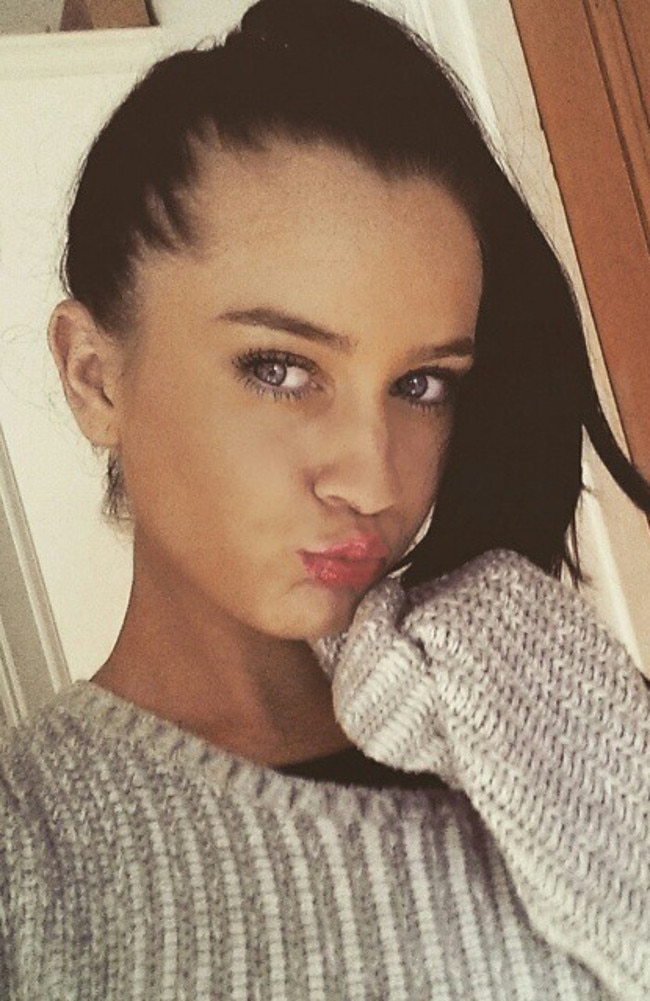
In 2020, Natasha Spencer, who had been a childhood victim of sexual abuse, said her past trauma was triggered when another bride on the program made allegations of indecent assault against a groom.
Spencer suffered what she described as a “mental breakdown” during filming, and eventually left the show of her own accord.
Last year, she told ABC News it took her nearly two years to recover from the ordeal.
At the time, former MAFS expert Dr Trisha Stratford told the outlet she was aware of Natasha’s struggles, but felt sidelined when she tried to voice her concerns. After Dr Stratford quit in 2020, she gave a scathing interview about her time on the show.
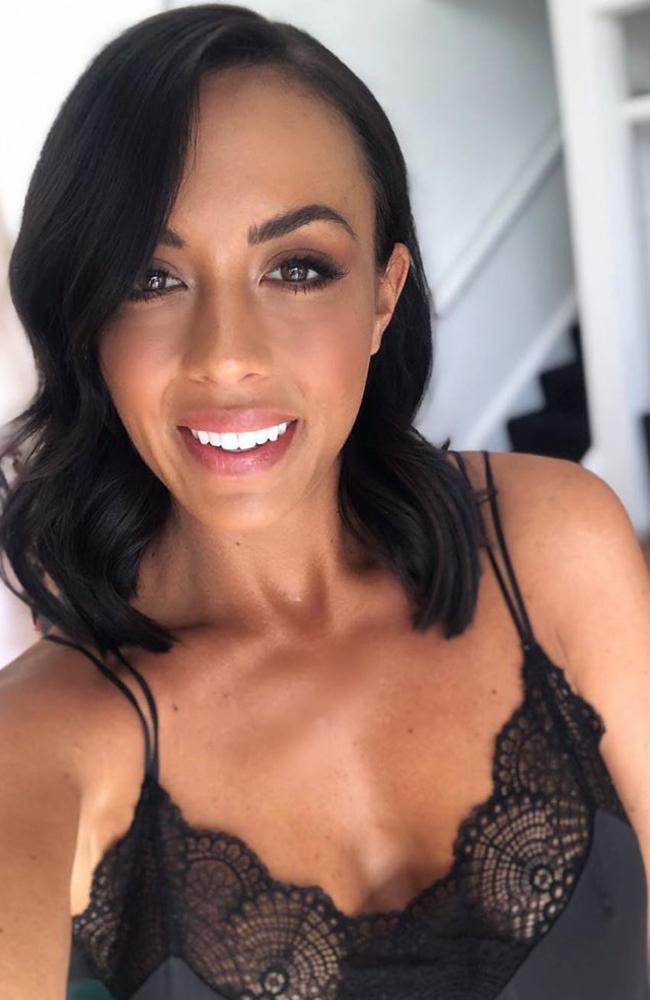
“By the end, I couldn’t compromise my professional and personal standards because there were participants on the show who I felt shouldn’t have been there,” Dr Stratford told Woman’s Day NZ in 2021.
She claimed MAFS applicants that were flagged as “fragile” by the experts in the selection process often went on to make it down to the final pool, recalling “there were participants on the show who I felt shouldn’t have been there.”
Interestingly, the New Zealand-based therapist went on to liken the MAFS experience to “conflict in war zones”, saying she “felt sick” watching some of the dinner parties unfold.
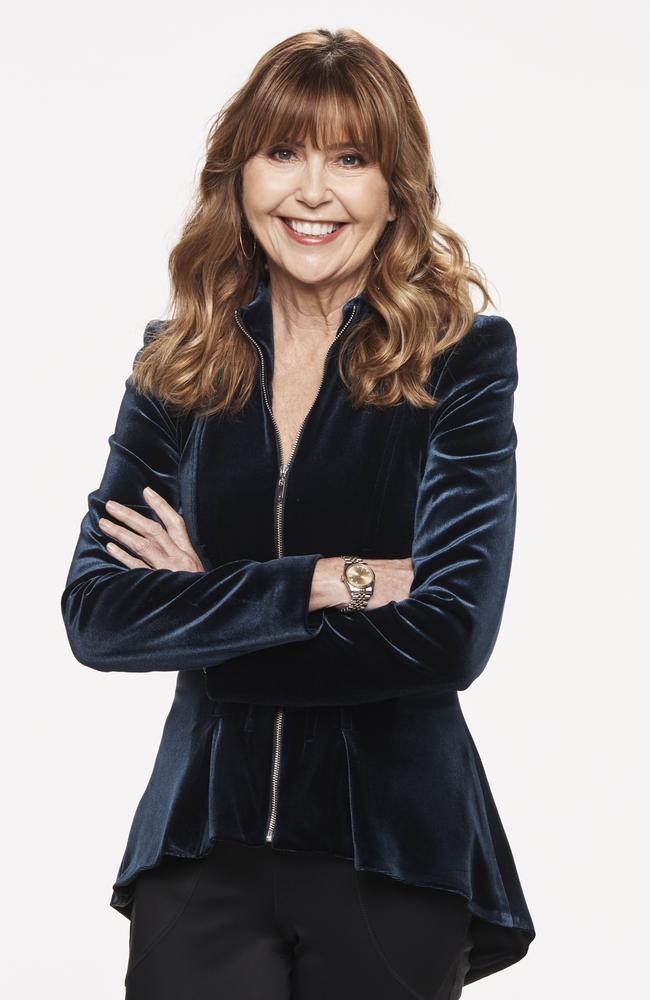
PTSD isn’t exclusive to MAFS, either, with one ex-reality star’s diagnosis setting a major legal precedent in 2019.
Nicole Prince, from Channel 7 reality competition House Rules was granted compensation after her developing anxiety, depression and PTSD from the severe backlash and threats she received following her portrayal as a “villain”.
Prince claimed she was unemployable given potential bosses feared she was a “bully” due to her portrayal.
The risks of watching your own season after a triggering experience
Dr Ray said watching the show back can impede recovery in some instances, while for others, it can actually aid in putting the experience behind them.
“It depends on where the person is at by the time the show airs,” she said.
“If the person did struggle during filming but has undergone psychological treatment and is well-supported by professionals and has healthy relationships around them, then some people might prefer to know what was aired so they can then process it and move on.
“For other people, watching the final edit can be a trigger that intensifies posttraumatic symptoms because it exposes them to the lack of control they have about how they are portrayed. This lack of control creates even more distress when the participant has no right of reply and goes on to be vilified in the media.”
How to manage PTSD
“PTSD is manageable and it is absolutely possible to recover fully and live a meaningful and rich life after the experience of trauma,” Dr Ray said.
“To move forward, get help from your doctor and a mental health professional who make you feel seen, heard, and understood, focus on healthy routines for your body and mind (good sleep, nutrition, and movement habits), and stay close to people who love you and make you feel good in their company.”
Dr Rebecca Ray is a clinical psychologist, speaker and the author of Small Habits for a Big Life, Pan Macmillan, out June 28th.





